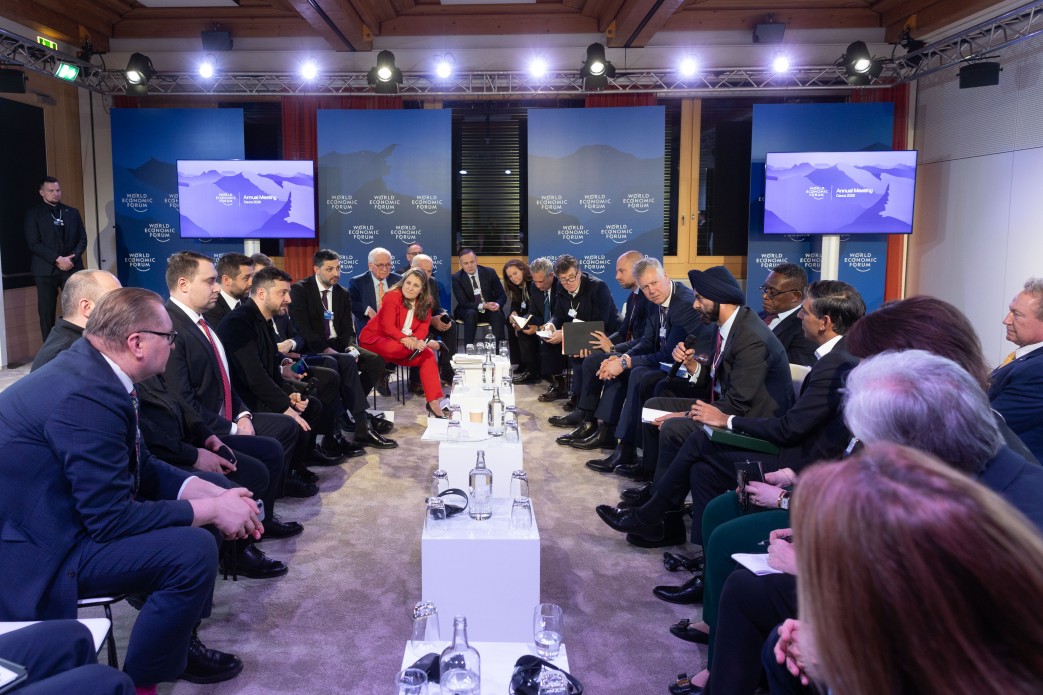In early February 2025, at Russia’s annual Information Security Forum, officials openly emphasized stronger ties between the Kremlin and the country’s cybersecurity industry, reaffirming Moscow’s commitment to a sovereign internet independent of Western technologies. Additionally, other authoritarian states expressed growing interest in Russia’s digital sovereignty projects.
One of the forum’s key participants was Positive Technologies (PT), a company that has been aggressively expanding its services across post-Soviet states. PT, under U.S. sanctions, has shifted focus from Western software to domestic developments. Notably, it acquired cybersecurity technologies from Group IB after its founder, Ilya Sachkov, was arrested for treason in July 2023. PT also collaborates with Yadro, a Russian firm specializing in Deep Packet Inspection (DPI) technology used by Russian authorities for internet surveillance. Together, they have gained a foothold in Belarus’ IT sector.
Russia’s cybersecurity business has adapted quickly to the political climate in the former Soviet states, particularly in Belarus, where internet freedom is seen as a threat. The January 2025 Belarusian presidential elections were marked by government-ordered internet blackouts and disruptions to VPN services. Later, Belarus’ Minister of Communications accused Google of election interference and announced plans to establish a regulatory body modeled after Russia’s Roskomnadzor.

PT’s influence is expanding beyond Belarus. It has obtained government service licenses in Kazakhstan, sponsored Positive Tech Day in Uzbekistan (a conference linking IT firms with state regulators), and is now developing cybersecurity training programs in Uzbek and Kyrgyz universities.
Beyond the post-Soviet region, PT has made inroads in Iran, where it collaborates with Tehran’s Presidential Center for Strategic Management, producing cybersecurity risk assessments and policy recommendations for the Iranian private sector. The company is also actively exploring markets across BRICS nations.
For countries lacking funds for modern licensed cybersecurity solutions, Russia’s cheaper alternatives may seem appealing. However, adopting these technologies only strengthens Moscow’s influence over their information space, further entrenching autocratic internet control across Eurasia.





















